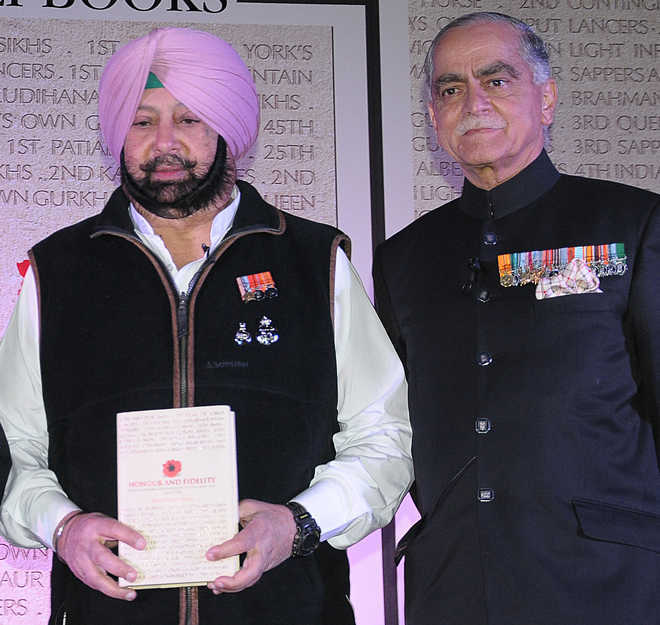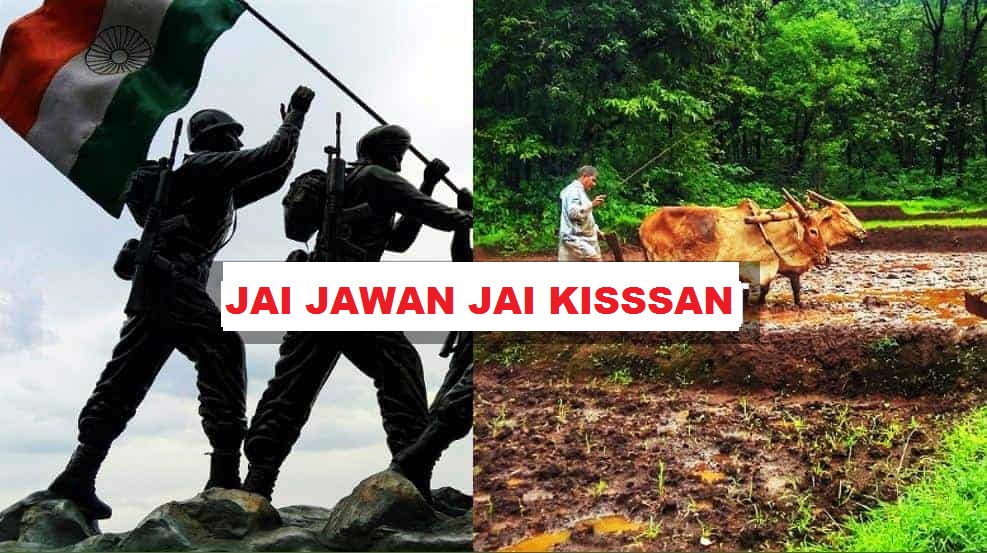
PB CM flays centre for intimidating Arhtiyas with motivated I-T raids
SAYS SUCH VENDETTA POLITICS A DANGER TO INDIA’S CONSTITUTIONAL ETHOS
URGES GoI TO REVOKE FARM LAWS & START FRESH DIALOGUE FOR NEW PROGRESSIVE LEGISLATIONS
Chandigarh, December 19, 2020 : The Punjab Chief Minister Captain Amarinder Singh on Saturday castigated the Centre for its intimidatory tactics against Arhityas supporting the agitating farmers, and warned that such draconian measures will further aggravate the angst of the people against the Bharatiya Janata Party (BJP)-led central government.
Terming the clearly motivated Income Tax (I-T) raids against some Punjab Arhtiyas as an obvious pressure tactic to curb their democratic right and freedom, Captain Amarinder said these oppressive actions will backfire against the ruling BJP.
The Chief Minister said it was evident that having failed to persuade, mislead and divide the farmers into ending their prolonged protest against the black Farm Laws, the central government was now trying to weaken their struggle by targetting the Arhtiyas, who have been actively supporting the agitation since Day 1.
The IT raids were conducted at the premises of several big Arthityas of Punjab within a span of just four days of issuing notices, without waiting for responses to the notices, Captain Amarinder noted, dubbing it a clear debasement of the due process of law. Even the local police were not informed or taken into confidence, as is the normal procedure, and instead, the CRPF was used to provide security during the raids by the I-T teams, he further pointed out.
“What is this if not a clear case of vendetta politics by the Centre, which is hell-bent on demolishing the farmers’ protest by hook or by crook?” asked the Chief Minister.
Among the victims of the night-long raids, which were conducted in the presence of 2 bus-loads each of CRPF personnel, were Vijay Kalra (President Punjab Arthiya Association), Pawan Kumar Goyal (President Samana Mandi), Jaswinder Singh Rana (Patiala Dist President), Manjinder Singh Walia (President Nawanshehar), Hardeep Singh Ladda (President Rajpura) and Kartar Singh & Amrik Singh (Arthiyas Rajpura). A total of 14 Arhtiyas across Punjab have received notices from the IT department.
Captain Amarinder observed that this was not the first instance of misuse of a central agency by the central government to browbeat dissidents into succumbing to its writ and diktats. “These bullying actions of the government do not augur well for the world’s largest democracy,” he added.
Pointing out that even the Supreme Court had upheld the people’s right to protest peacefully, the Chief Minister said the central government’s actions amounted to gross violation of the apex court’s directions and the spirit of the Constitution, which granted every citizen the right to raise his voice.
The Chief Minister said it was unfortunate that instead of hearing the voice of the farmers, who have been battling cold and Covid for more than 3 weeks now (with nearly 2 dozen losing their lives during the protest), the central government was resorting to all kinds of cheap manoeuvres to break their will, he lamented. The Centre should realise that it is not just the future of the farming community but the very Constitutional ethos of the nation that it was endangering with such acts of omission and commission, he stressed.
Captain Amarinder reiterated his appeal to the central government not to stand on ego on the issue but to revoke the farm laws and start afresh with a meaningful dialogue with the farmers and all other stakeholders to come out with more progressive reform legislations that are in the interest of all.
Kisan-Farmers Movement-Agri Acts Dec 2020
Income tax raids are part of vendetta politics in view of Kisan Andolan: Vijay Inder Singla

ncome tax raids are part of vendetta politics in view of Kisan Andolan : Vijay Inder Singla
Cabinet minister Vijay Singla conducts meeting at residence of Arhtiya Association president in Makhu
Commission agents and farmers are knit in brotherhood, says Singla
Ferozepur, December 19, 2020: The Union government is using all kinds of tactics to abate ongoing Kisan Andolan and the raid of Income Tax at house of Commission Agent President Vijay Kalra is a part of vendetta politics.
The education minister Government of Punjab Vijay Inder Singla said this while interacting with media at the residence of president Vijay Kalra.
He added that the income tax raids were being conducted on various commission agents of Punjab since Friday. He added that the farmers and commission agents have lived together in brotherhood for the past many ages.
He said that two buses full of CRPF Jawan raided the house of Vijay Kalra along with the team of Income Tax Department. Similarly, at Patiala the house of district Patiala President Rajendra Rana, also witnessed raids by Income Tax Department with the CRPF jawans in tow. The raids were conducted at the residence of Samana commission agent Association president Pawan Bansal and that of Nawanshahr Association president Bittu.
Cabinet minister said that when the Chief Minister Captain Amrinder Singh and Congress party raised voice against the cancellation of faulty 3-Farm Laws, the enforcement department sends notices to the CM and register cases against him and his family members. After this, when Union Minister talked to the farmers on the issues, the work was started on dividing the farmers in a bid to rule on them. Now when the central government has not been able to abate the Kisan Andolan, it has started conducting raids on presidents of commission agents across Punjab and by using CRPF forces it is trying to intimidate.

























































































































